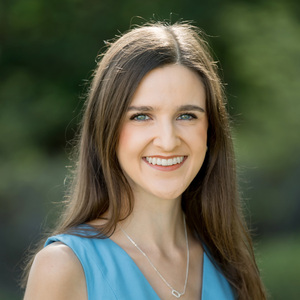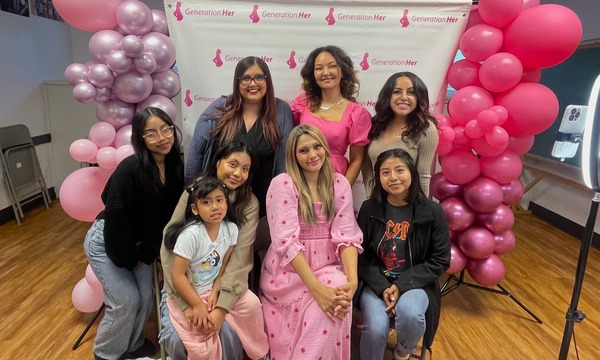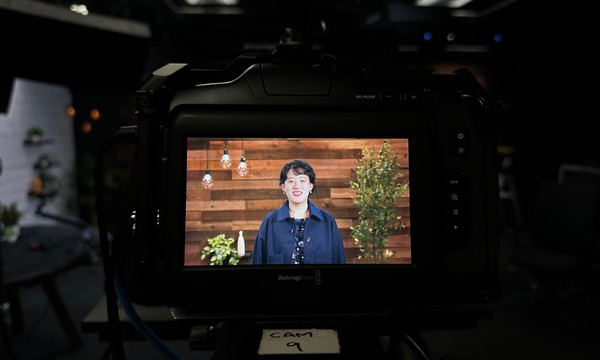Biola University’s School of Science, Technology and Health will launch its new B.S. in Allied Health Pre-Occupational Therapy degree in Fall 2022. The B.S. in Allied Health in Occupational Therapy will teach students the basics of therapeutic techniques needed to help patients improve their self-sufficiency in daily activities at work, home or school and equip students to gently treat patients under the core belief that every person is unique and has value.
“Occupational therapy schools are extremely competitive to get into, and there are few pre-occupational therapy undergraduate programs available across the state,” said Kelcey Storkersen, occupational therapist and occupational therapy consultant in the Rosemead School of Psychology. “This program will not only prepare students academically for graduate training in occupational therapy, but will also enhance their applications to these professional schools.”
The program will include courses such as “Introduction to Occupational Therapy,” “Occupational Therapy Conditions,” “Medical Terminology,” “Assessment in Occupational Therapy,” “Intervention in Occupational Therapy” and “Occupational Therapy Capstone.” Students will also be able to participate in courses that are tied to the biology department, so they will have a larger community within Biola University and will have transferable skills to other professions. With classes in this program designed to be in-person, students will have direct access to faculty to answer questions and guide them through the program and graduate program searches. Some career paths students may take after completion of the program are Occupational Therapist, Wellness Manager, Healthcare Administrator or Clinical Manager, as well as many others.
This program will help build undergraduate studies in Christ-centered healthcare practice, giving a collaborative space for healthcare majors to come together, since they often work together in the field. Biola’s current programming allows for nursing, psychology, and speech-language pathology clinical degrees. Creating a collaborative healthcare environment can provide greater opportunities for excellent patient care and collaborative healthcare worker teams.
“Students will not only have unique exposure to learning about occupational therapy at an undergraduate level, but will experience personal growth and learning within a Christian community,” said Storkersen. “Christ sought to care for the marginalized, and students will learn to care for the marginalized as well through gaining knowledge in occupational therapy.”
Students can participate in a clinical community through shared learning experiences, such as collaborating on holistic mental health treatment theory with a psychology student, learning activities of daily living skills with nursing students, and gaining insight into sensory integration with nursing students.
Students will be required to complete 50 hours of shadowing under an occupational therapist as part of one of their courses, which will give them experience in the field before graduating from the program. Upon graduation, students will be equipped with prerequisite knowledge and curriculum necessary for applying to entry-level master’s and doctoral programs in occupational therapy. A master’s degree (or higher) is required for being a licensed occupational therapist. Parker commented on the holistic experience students will receive in the program.
“This program is a unique undergraduate experience that combines clinical discussions, hands-on experiences and faculty mentorship within a Christian environment,” said Storkersen.
Biola is accepting applications to admit students for Fall ’22, pending WSCUC approval. Learn more about and apply to the Pre-OT Program.
Learn more about the School of Science, Technology and Health.
For more information, contact media.relations@biola.edu.
 Biola University
Biola University



.jpg)
.jpg)